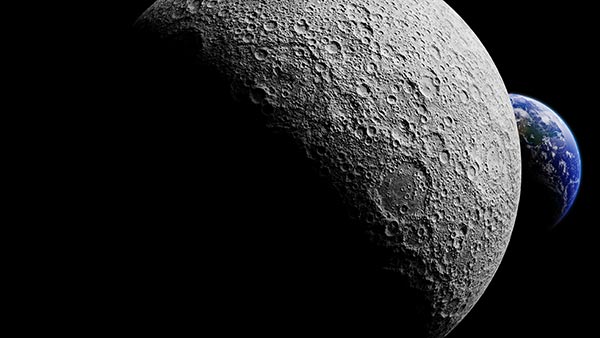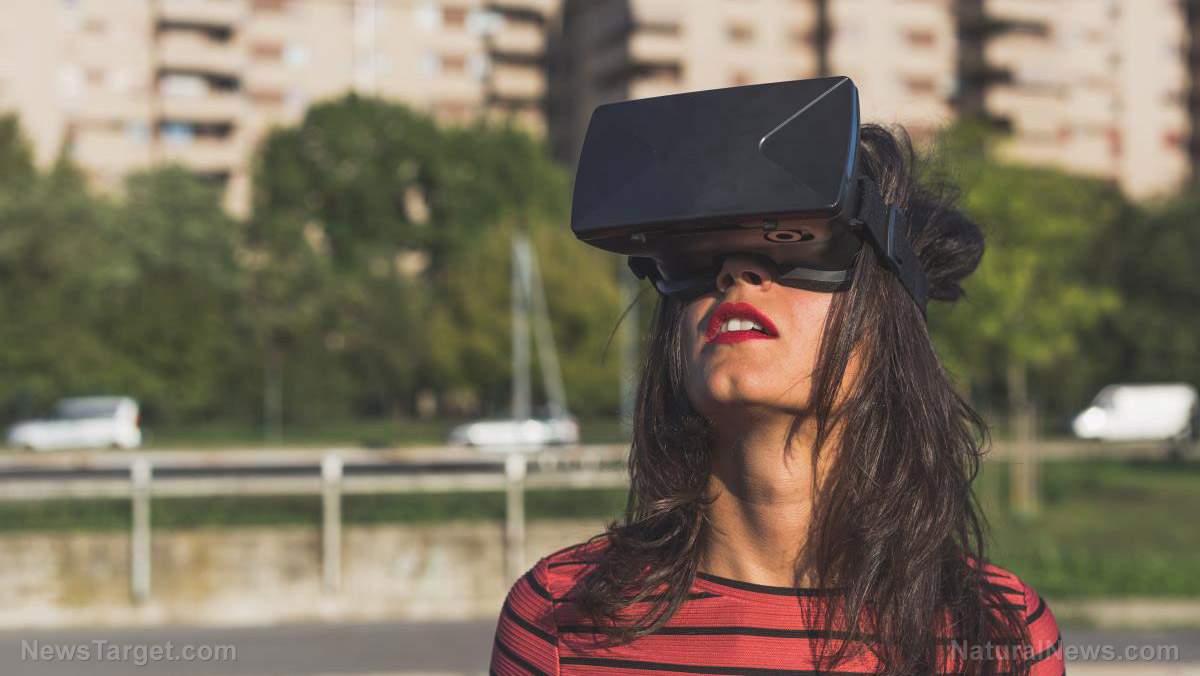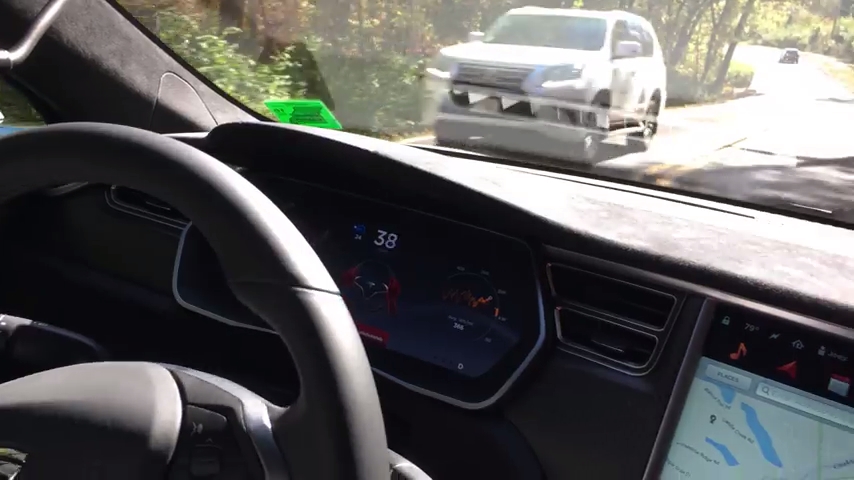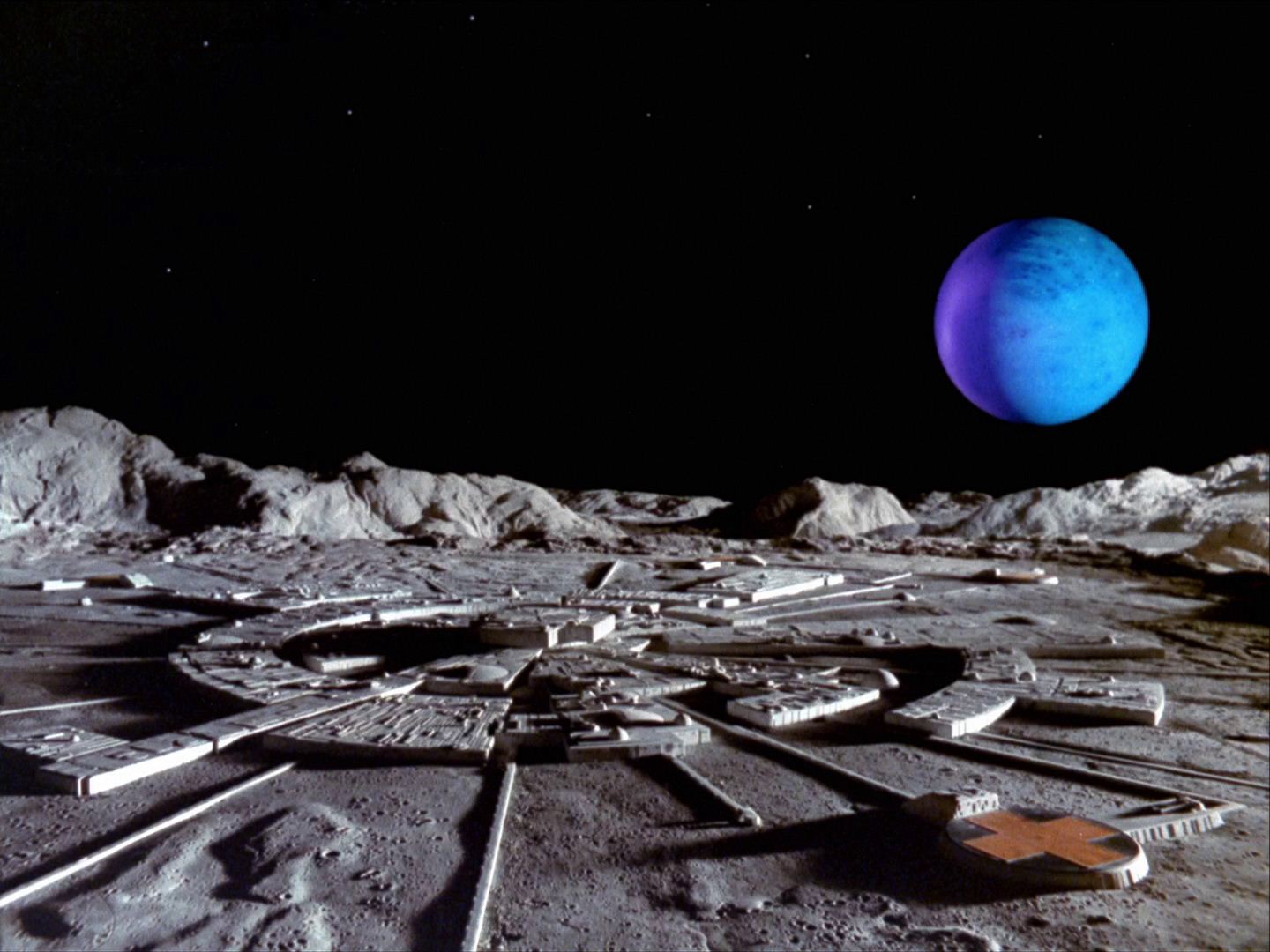NASA warns about Chinese plans to install permanent base on moon: “We’re in a space race”
01/04/2023 / By Ethan Huff

Former astronaut and U.S. Sen. Bill Nelson (D-Fla.) is worried about communist China and its potential efforts to install a permanent base on the moon.
It is not something that very many think too much about in their daily lives, but China’s moves towards expanded space exploration is causing Nelson and others like him to speak out about the “national security” implications of such activity.
“It is a fact: we’re in a space race,” Nelson declared about international space development in a recently published interview with Politico.
“And it is true that we had better watch out that they don’t get to a place on the moon under the guise of scientific research.” (Related: Remember in 2019 when NASA was caught faking global temperature data to push “global warming” science fraud?)
Should China get to the moon as planned by the end of this decade, Nelson says the communist nation might try to claim the entire lunar body as its exclusive domain. Then, all bets are off as to what might happen next.
If China sets up expanded surveillance on the moon, the U.S. might never be able to remove it
Last year, in case you missed it, China announced the activation of its own in-orbit space station. That launch puts China on par with the United States, which shares the International Space Station (ISS) with Russia.
“And it is not beyond the realm of possibility that they say, ‘Keep out, we’re here, this is our territory,'” Nelson said.
Nelson is not the only one worried about China landing on the moon. Terry Virts, a former commander of the ISS, warned that “there is potentially mischief China can do on the moon” if the U.S. allows it to travel there.
“Having them there doesn’t make things easier. There is real concern about Chinese meddling.”
The Pentagon issued a report back in November highlighting many of these same concerns. That report was presented to Congress, which is being pushed to do something about China’s efforts to get to the moon.
If that happens, there is a good chance that China will massively expand its surveillance capabilities to more closely track the activities of people in the U.S. Once established, those expanded surveillance capabilities would be difficult, if not impossible, to dismantle.
We do not hear much about space travel to the moon anymore because the U.S. seems more focused on Mars these days. In fact, just last year the Space Shuttle was retired and replaced with expanded interest in Mars.
The December 1 Artemis I spaceflight was announced by NASA, though, as being the first in a series of manned missions to both the moon and Mars. It appears both space bodies are still of interest to the U.S.
“Do bear in mind that the Han Chinese do not cooperate with ISS, which the Russians at least still do,” one commenter wrote. “And let us not overlook that both Russians and Chinese have tested anti-satellite weapons which have scattered a large amount of space debris.”
“Why the moon colony? We know that there is some water at the lunar poles that could be made into hydrogen and oxygen for rocket fuel, which potentially could permit a much lighter rocket launch en route to Mars plus the smog free atmosphere on the moon permits great astronomy. The Chinese are NOT reliable researchers and do NOT share their knowledge.”
Another wrote that the U.S. should have already had a colony on the moon by now, but is instead more focused on Mars.
The latest news about NASA can be found at Space.news.
Sources for this article include:
Submit a correction >>
Tagged Under:
base, big government, Bill Nelson, China, conspiracy, cosmic, cosmos, Dangerous, future science, future tech, Mars, Moon, NASA, national security, privacy watch, Space, Space Race, space tourism, surveillance
This article may contain statements that reflect the opinion of the author
RECENT NEWS & ARTICLES
COPYRIGHT © 2017 FUTURETECH.NEWS
All content posted on this site is protected under Free Speech. FutureTech.news is not responsible for content written by contributing authors. The information on this site is provided for educational and entertainment purposes only. It is not intended as a substitute for professional advice of any kind. FutureTech.news assumes no responsibility for the use or misuse of this material. All trademarks, registered trademarks and service marks mentioned on this site are the property of their respective owners.


















